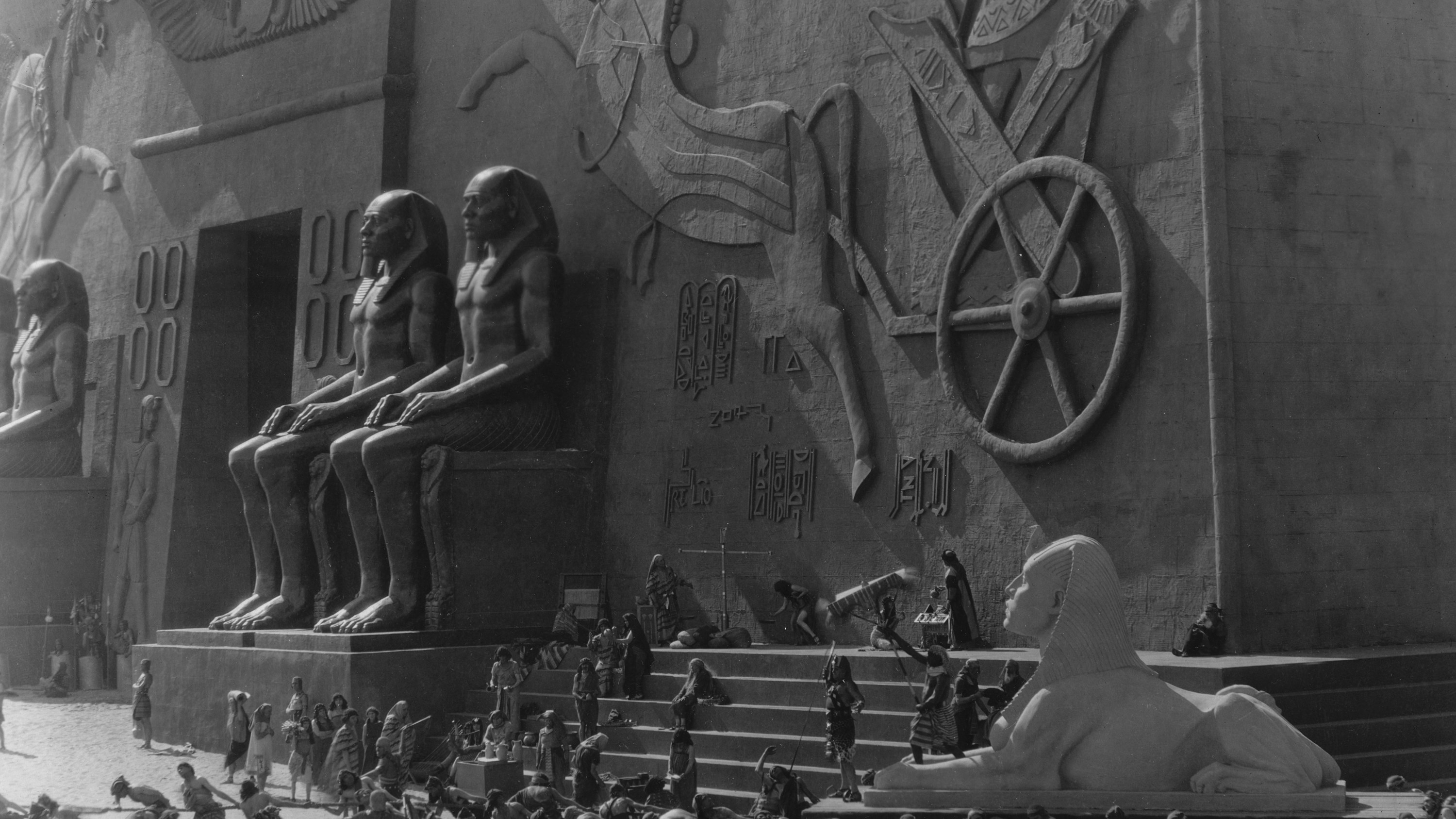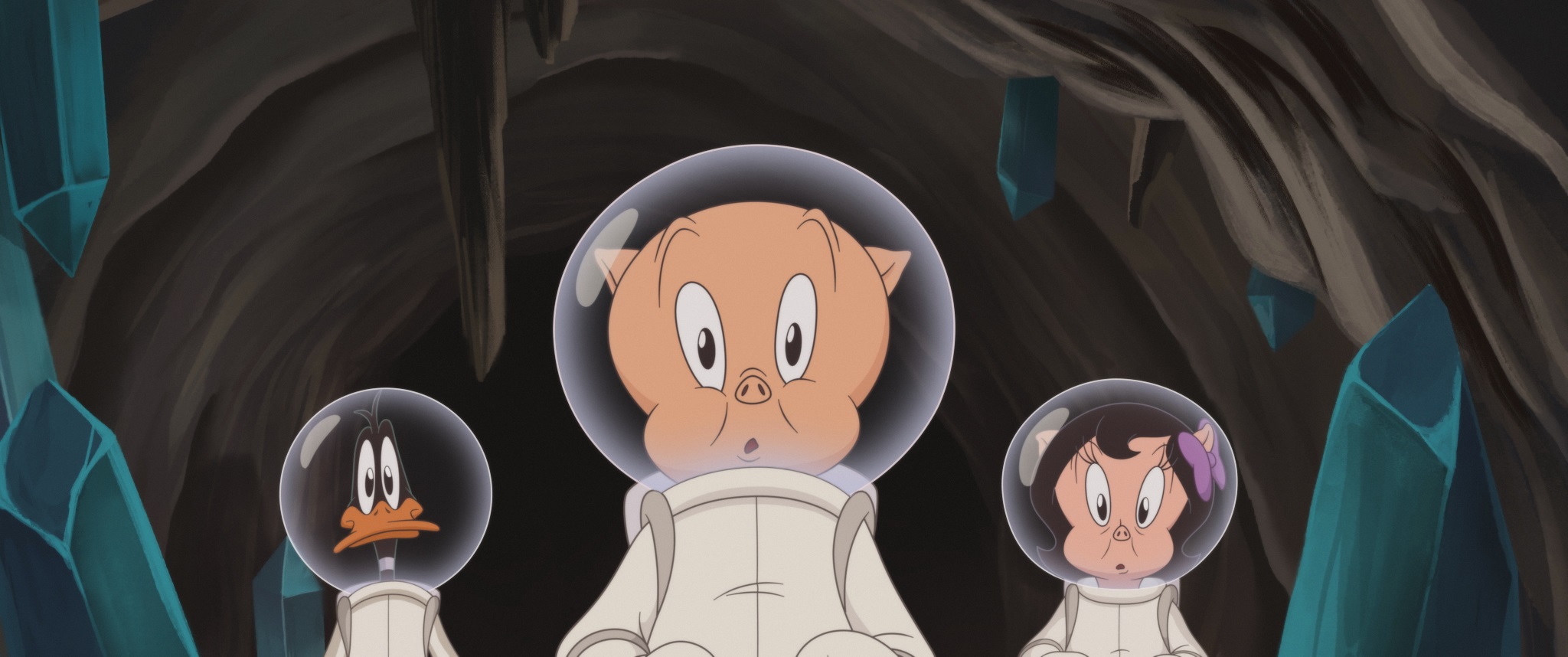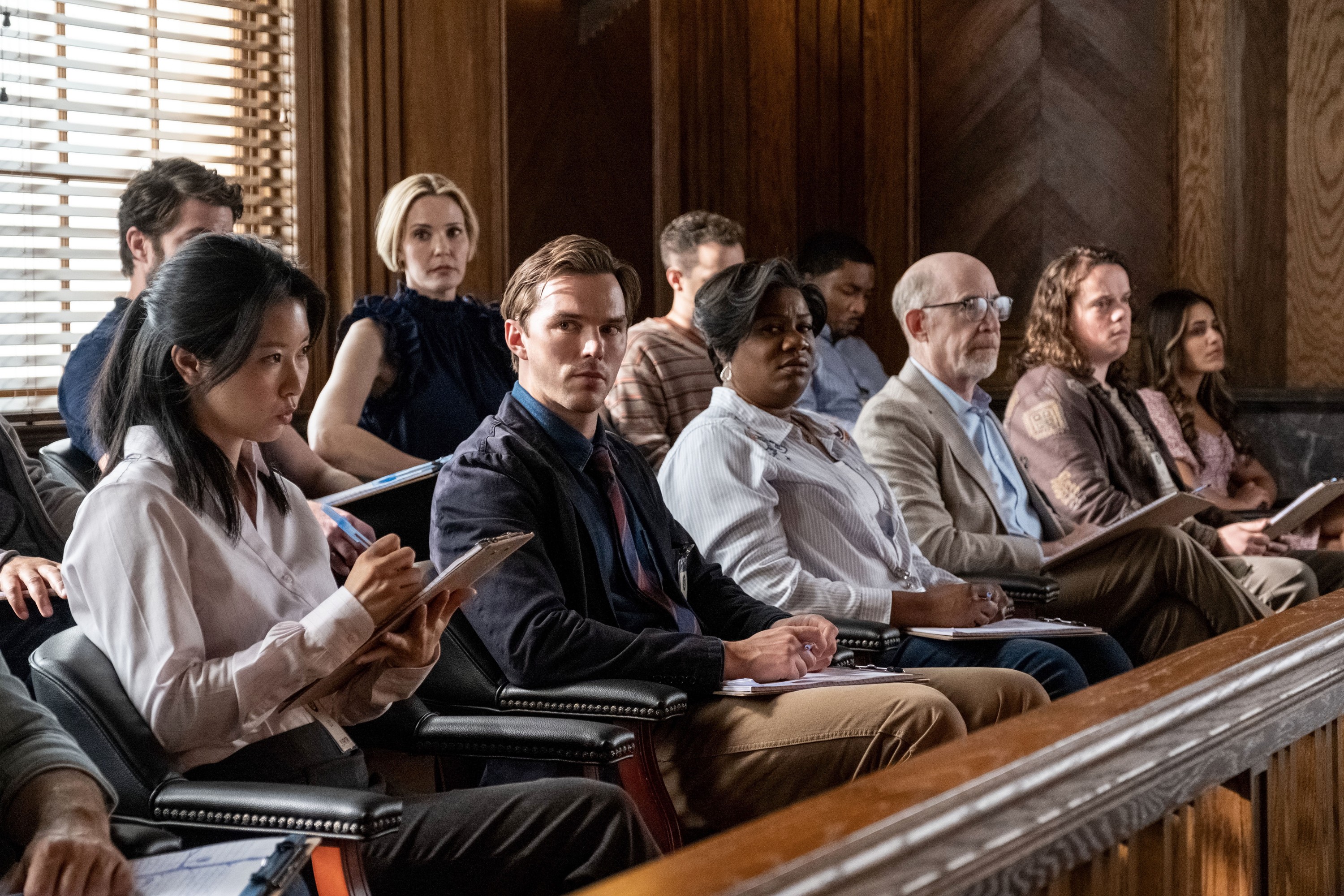By providing your information, you agree to our Terms of Use and our Privacy Policy. We use vendors that may also process your information to help provide our services. This site is protected by reCAPTCHA Enterprise and the Google Privacy Policy and Terms of Service apply.
Copyrights Will Expire for 28 Silent Films By Charlie Chaplin, Cecil B. DeMille, Buster Keaton, and More
Jenna Marotta

Films by Charlie Chaplin, Cecil B. DeMille, and Buster Keaton are among the “hundreds of thousands” of books, musical scores, and motion pictures that will enter the public domain on January 1, according to The Atlantic. All of the works were first made available to audiences in 1923, four years before the introduction of talkies. Due to changed copyright laws, this will be the largest collection of material to lose its copyright protections since 1998.
Artists looking to incorporate black-and-white era throwbacks into their modern creations will have lots of new options. The Atlantic consulted unpublished research from Duke University School of Law’s Center for the Study of the Public Domain, which shared with IndieWire a list of 28 films that will soon become available to all.
“Our list is therefore only a partial one; many more works are entering the public domain as well, but the relevant information to confirm this may be lost or difficult to find,” wrote Jennifer Jenkins, the center’s director, in an email. Most of the filmmakers registered for copyrights (which were then renewed), but some certifications fell out of date, or were never digitized.
“Bottom line — anything [released] in 1923 will be in the public domain next year,” wrote Jenkins. A huge swath of 95-year-old art will now lose its copyright each New Year’s Day, for the next several decades.
This list counts seven of the 10 of the highest performers at the 1923 box office, led by Paramount Pictures’ “The Covered Wagon.” Same goes for DeMille’s original version of “The Ten Commandments.” (His 1956 remake with Charlton Heston and Yul Brenner earned seven Oscar nominations.) Chaplin directed two of the entries, comedy “The Pilgrim” and drama “A Woman of Paris,” and had a cameo in a third (“Souls for Sale,” directed by Rupert Hughes). Douglas Fairbanks Jr.’s film debut (“Stephen Steps Out”) is also in the ranks, although the actual footage has been lost.
Read on for Duke University School of Law’s Center for the Study of the Public Domain’s account, to date, of the film titles soon to become intellectual property for public use:
“A Woman of Paris,” directed by Charlie Chaplin
“Backbone,” directed by Edward Sloman
“Enemies of Women,” directed by Alan Crosland
“Eyes of the Forest,” directed by Lambert Hillyer
“Flaming Youth,” directed by John Francis Dillon
“Her Accidental Husband,” directed by Dallas M. Fitzgerald
“Homeward Bound,” directed by Ralph Ince
“Little Old New York,” directed by Sidney Olcott
“Lost and Found on a South Sea Island,” directed by Raoul Walsh
“Main Street,” directed by Harry Beaumont
“Our Hospitality,” directed by Buster Keaton and John G. Blystone
“Potash and Perlmutter,” directed by Clarence D. Badger
“Ruggles of Red Gap,” directed by James Cruze
“Safety Last!,” directed by Fred C. Newmeyer and Sam Taylor
“Scaramouche,” directed by Rex Ingram
“Souls for Sale,” directed by Rupert Hughes
“Stephen Steps Out,” directed by Joseph Henabery
“The Barnyard,” directed by Larry Semon
“The Covered Wagon,” directed by James Cruze
“The Eternal Struggle,” directed by Reginald Barker
“The Handy Man,” directed by Robert P. Kerr
“The Mummy,” directed by Norman Taurog
“The Pilgrim,” directed by Charlie Chaplin
“The Shriek of Araby,” directed by F. Richard Jones
“The Ten Commandments,” directed by Cecil B. DeMille
“The White Rose,” directed by D.W. Griffith
“The White Sister,” by Henry King
“Where the North Begins,” directed by Chester M. Franklin
By providing your information, you agree to our Terms of Use and our Privacy Policy. We use vendors that may also process your information to help provide our services. This site is protected by reCAPTCHA Enterprise and the Google Privacy Policy and Terms of Service apply.

















